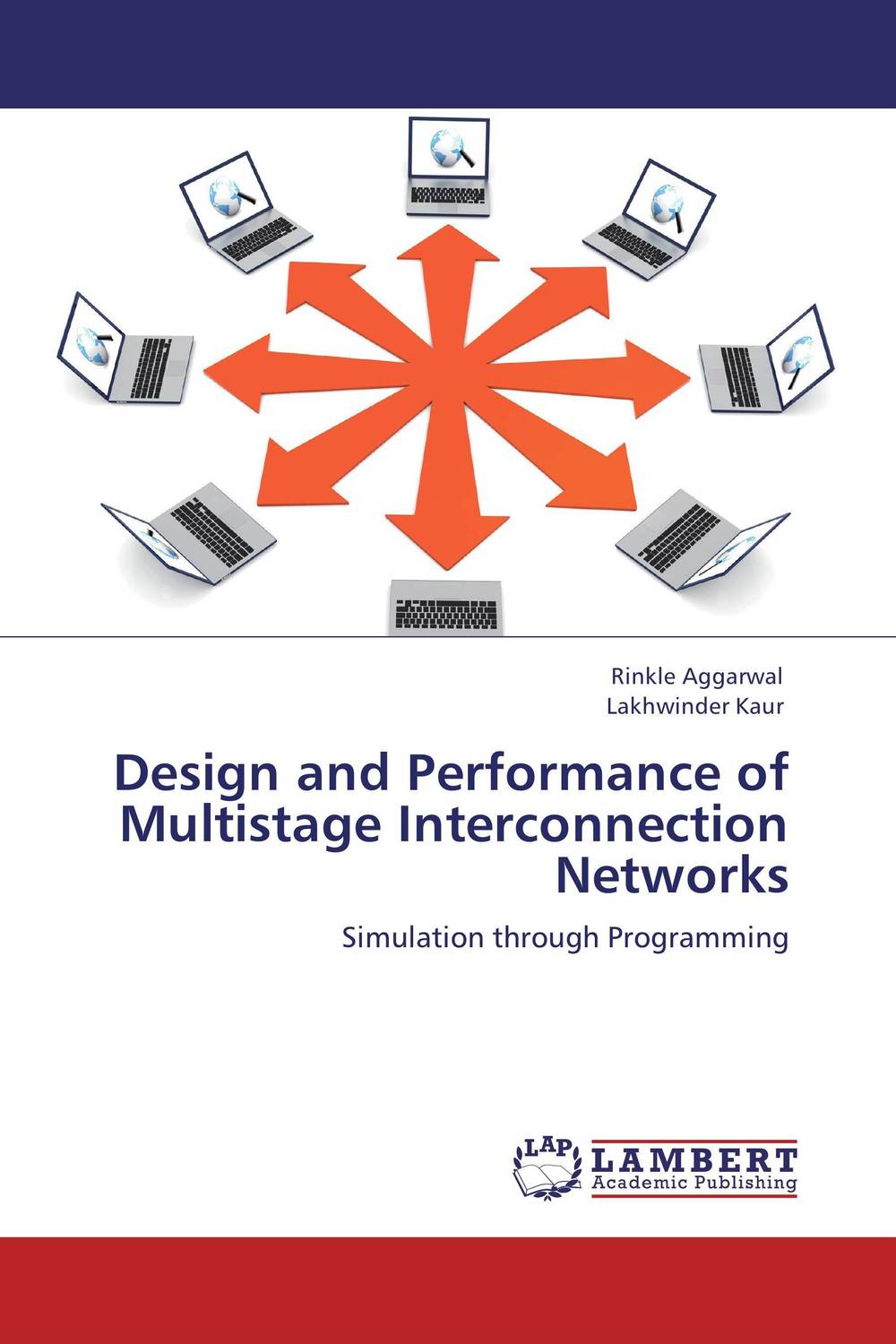In the existing research literature a large number of regular MINs with their performance characteristics are available. However, there is relatively smaller number of irregular MINs. The present research work is an endeavour to study the importance and design of fault-tolerant MINs. It is with the use of various techniques based on high degree of parallelism, self-routing and modularity that three new dynamic irregular MINs have been proposed in order to improve their fault-tolerance, performance and reliability. The irregular networks have been considered because of their advantage of the shorter path length in comparison to their regular counterparts. The irregular dynamic MIN supports many redundant paths in the event of faults in order to dynamically reroute the data through a fault-free path and passes most of the permutations even under faults while improving the Mean-time to failure (MTTF). Это и многое другое вы найдете в книге Design and Performance of Multistage Interconnection Networks
Design and Performance of Multistage Interconnection Networks
Подробная информация о книге «Design and Performance of Multistage Interconnection Networks ». Сайт не предоставляет возможности читать онлайн или скачать бесплатно книгу «Design and Performance of Multistage Interconnection Networks »
